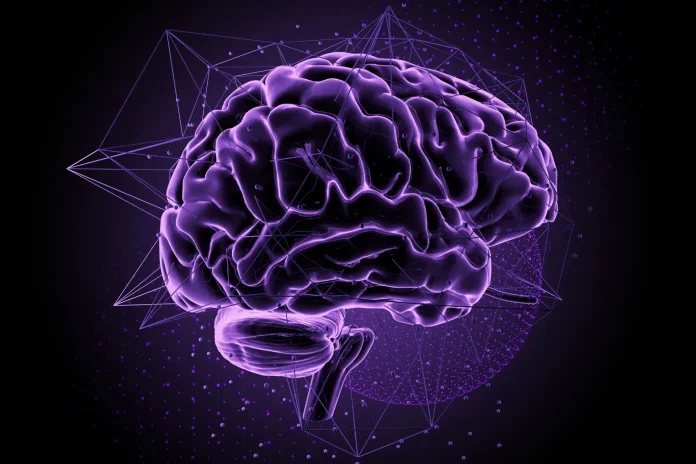For the first time, researchers have discovered a striking resemblance between how artificial intelligence (AI) models form memories and how the human brain accomplishes the same win. This groundbreaking finding of the connection between AI and neuroscience, discovered by a team from the Institute for Basic Science (IBS) in South Korea, could pave the way for more powerful and efficient AI systems while illuminating human memory’s mysteries.
Unlocking the Secrets of Human-Like Memory in AI:
The search for Artificial General Intelligence (AGI) – devices that can think and learn like humans – is gaining momentum, with projects like OpenAI and Google DeepMind leading the charge. Understanding how human brains process and store information is critical to this journey.
This is where the IBS team’s discovery comes in. They focused on the Transformer model, a widely used AI architecture, and compared its memory consolidation process to the workings of the hippocampus, the human brain’s memory center.
Brain’s “Smart Door” Holds the Key
In the hippocampus, a receptor called NMDA acts like a gatekeeper, regulating the flow of information necessary for memory formation. Similar to how a key unlocks a door, glutamate, a brain chemical, must bind to the NMDA receptor for learning and memory to occur. However, a magnesium ion acts as a secondary gatekeeper, ensuring the process happens only when necessary.
Striking Similarities Between AI and Neuroscience
The researchers were astonished that the Transformer model displayed a remarkably similar locking mechanism for memory consolidation. Like the human brain, the model’s performance improved when parameters mimicking the NMDA receptor’s behavior were adjusted.
Implications for the Future of AI and Neuroscience
This breakthrough opens up a plethora of possibilities for researchers:
- More efficient AI models: Understanding how AI remembers information can lead to developing more efficient and resource-conscious AI systems that require less energy and data.
- A deeper understanding of the brain: Studying AI models inspired by the brain can offer valuable insights into the complex workings of human memory and cognition.
- Closing the gap between AI and Neuroscience: This research paves the way for closer collaboration between AI and neuroscience, leading to a more comprehensive understanding of both fields.
Quotes from the Researchers
C. Justin Lee, neuroscientist director at IBS, emphasized the significance of this finding: “This research is a crucial step forward for both AI and neuroscience. It allows us to understand the brain better and build more advanced AI systems based on those principles.”
CHA Meeyoung, the data scientist at IBS, pointed to the potential for improved AI efficiency: “The human brain is remarkably energy-efficient, unlike current AI models. Our work opens doors for creating low-cost, high-performance AI systems that learn and remember like humans.”
Concluding Thoughts:
This new and innovative discovery marks a significant milestone in pursuing powerful AI and a deeper understanding of the human brain. Researchers are opening doors to a future where machines learn and remember with human-like efficiency and grace by closing the gap between these two fields, AI and neuroscience.



